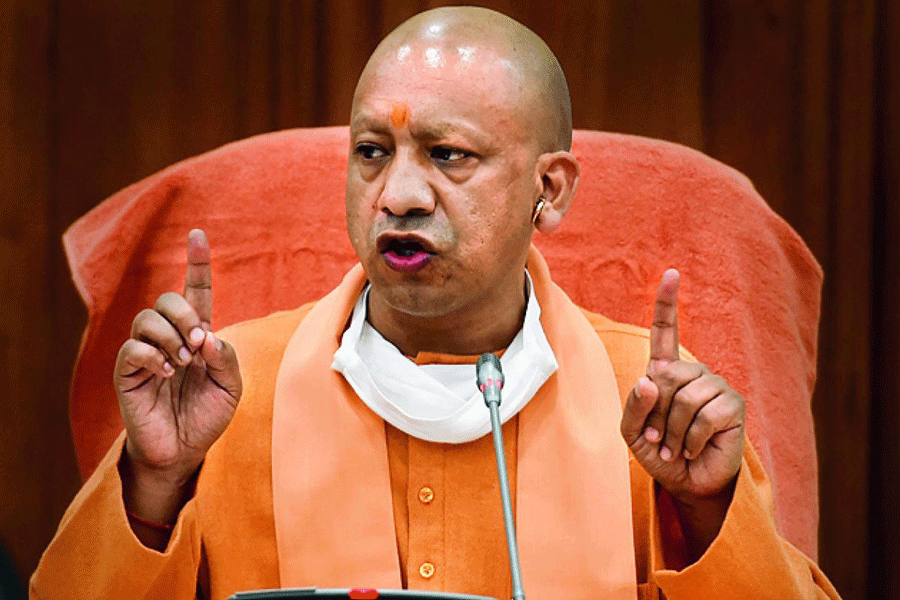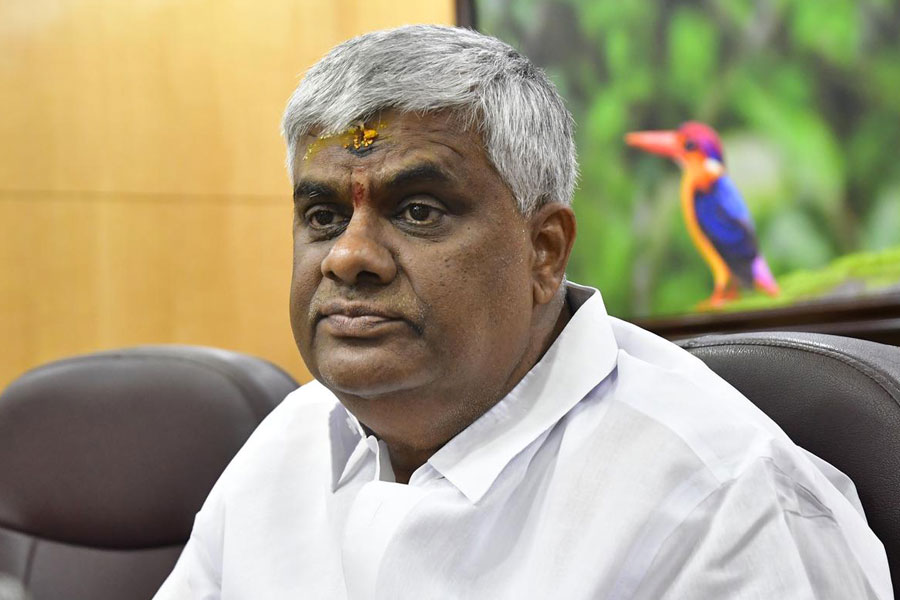A political party is rarely passionate about vegetarianism. Unless it is a green outfit, which hardly describes the Bharatiya Janata Party. The Uttar Pradesh government declared November 25 to be a meatless day from this year onwards, since it is the birthday of T.L. Vaswani, a leader in education who started the MIRA movement and believed in vegetarianism. In this, UP has been pipped to the post by Gujarat and Karnataka, both of which observe this meatless day. But just preceding the announcement, the UP government had declared a ban on halal-certified products, forbidding their production, storage, distribution and sale except for export. The ostensible reason for this was the allegedly malicious intent of such certification to indicate the products’ superiority to non-halal products. The history of Yogi Adityanath’s governments — the first having started off by descending heavily on slaughterhouses — may suggest other reasons. Multi-pronged Hindutva aggression that ranges from efforts to constrain businesses supposedly run by minority communities, such as meat and leather, to interventions in society in the form of anti-Romeo groups and love-jihad vigilantes, are notable features of UP under Mr Adityanath. In this context, the ban on halal-certified products seems prompted less by the economic skullduggery it is alleged to be and more by a state-certified pattern.
In UP, the push towards vegetarianism is associated with disadvantaging minority communities. In Gujarat and Karnataka, the same push manifests itself in banning the display of meat in shops in certain areas or on main roads, so as not to hurt the sensitivities of upper-caste Hindus and of Jains. Evidently, others do not matter. Such pressure has still not made these states vegetarian — at least 40% of the people in Gujarat eat meat. Herein lies the second reason for the BJP’s passion for vegetarianism: its irresistible tendency to meddle in people’s personal choices. To force people to eat what they are not used to, to marry whom they did not choose, to stop them from viewing what they want to are proofs of power. The insistence that these decisions are dictated by ancient Indian culture is a ruse, its premise unfounded at that. The BJP’s vegetarian project is just another aspect of its exclusionary approach and an undemocratic attempt to erase diversity in a multicultural country. UP might still win that race.










